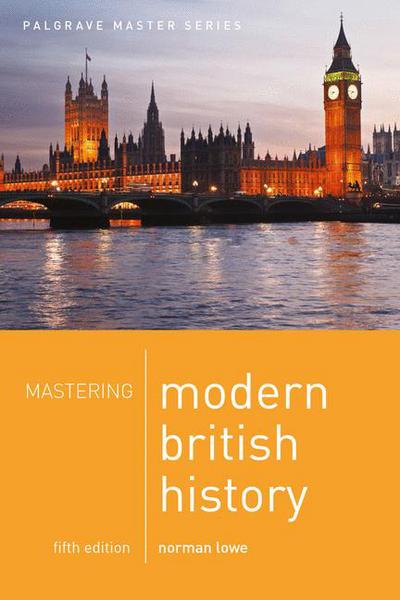


Are you sure you want to reset the form?
Your mail has been sent successfully
Are you sure you want to remove the alert?
Your session is about to expire! You will be signed out in
Do you wish to stay signed in?
The Suez War 1956
Study Sources A to D and then answer the questions that follow.
Source A:
| Sir Anthony Eden’s speech to the Cabinet, 27 July 1956 The nationalisation [of the Suez Canal] is not just a legal matter, it is one of the widest international importance.... Colonel Nasser’s action has presented us with an opportunity to find a lasting settlement of this problem, and we should not hesitate to take advantage of it... Our essential interests in this area must, if necessary, be safeguarded by military action and the necessary preparations to this end must be made. Even if we have to act alone, we cannot stop short of using force to protect our position, if all other means of protecting it prove unsuccessful... Any failure on the part of the Western Powers to take the necessary steps to regain control over the Canal would have disastrous consequences for the economic life of the Western Powers and for their influence in the Middle East. Source: Quoted in R. Lamb, The Failure of the Eden Government, Sidgwick & Jackson, 1987. |
Source B:
| Information from Anthony Nutting, Minister of State at the Foreign Office, who resigned on 6 November in protest at Eden’s policy. Challe [Deputy Chief of Staff for the French Air Force] outlined a possible plan of action for Britain and France to gain control of the Suez Canal. Israel would be invited to attack Egypt, and then France and Britain, having given Israeli forces time to get through Sinai close to the Canal, should order ‘both sides’ to withdraw their forces from the Suez Canal and permit an Anglo-French force to intervene and occupy the Canal with the excuse that they were saving it from damage by fighting.... This would restore the running of the Canal to Anglo-French management and enable us to supervise all shipping movements through the Canal and so break the blockade of Israel. I knew that no matter what contrary advice he might receive over the next 48 hours, Eden had already made up his mind to go along with the French plan.... designed to topple Nasser and seize the Suez Canal. Relations would be poisoned between Britain and Egypt and the Arab world for generations to come. To make matters worse, Britain had obviously acted in collusion with Israel; proof of this was plain in the ultimatum which demanded that both sides withdraw to a distance of 10 miles from the Canal at a moment when the Egyptian army was still trying to halt the Israelis 125 miles to the east of the Canal. This meant that Britain and France, who were pretending to put a stop to the fighting, were ordering the victim of aggression to withdraw 134 miles, while the aggressor was being allowed to advance up to 115 miles! Source: A. Nutting, No End of a Lesson, Constable, 1967. |
Source C:
| Speech by Selwyn Lloyd, the Foreign Secretary, in the House of Commons, 31 October 1956. The Right Hon. Gentleman asked whether there had been collusion with regard to this matter... It is quite wrong to state that Israel was incited to this action by Her Majesty’s government. There was no prior agreement between us about it. It is of course true that the Israeli mobilisation gave some advance warning, and we urged restraint upon the Israeli government and in particular drew attention to the serious consequences of any attack on Jordan. Source: Hansard, October 1956. |
Source D:
| Historian Richard Lamb writes about Suez in a book published in 1987. The cabinet agreed that they were on weak ground over the question of the illegality [of Nasser’s nationalisation of the Canal], since Nasser was offering to pay compensation to shareholders in the Suez Canal Company... Eden intended to keep the collusion plan secret indefinitely. Without doubt he destroyed all English copies of the document. They are not in the Public Record Office.... It was an amazing error of judgement for a statesman with Eden's experience to imagine this would be possible. It is hard to avoid the conclusion that his health and the remedies prescribed by his doctors had affected his judgement... it was bound to be leaked by the French and Israelis. The plan was not even disclosed to the cabinet, which was downright dishonesty... On 30 October the ultimatum was delivered. On the night of 31 October the British dropped bombs on thirteen targets... on 5 November British seaborne landings were made at Port Said which surrendered...On the 30 November the decision was taken to withdraw British troops.... Clearance of the Canal was now [4 December] in the hands of the UN. Nasser was triumphant. His propaganda was that his army had defeated the British, French and Israelis, so that they had been obliged to withdraw ignominiously. His popularity in Egypt and the Arab world soared. Source: R. Lamb, The Failure of the Eden Government, Sidgwick & Jackson, 1987. |
